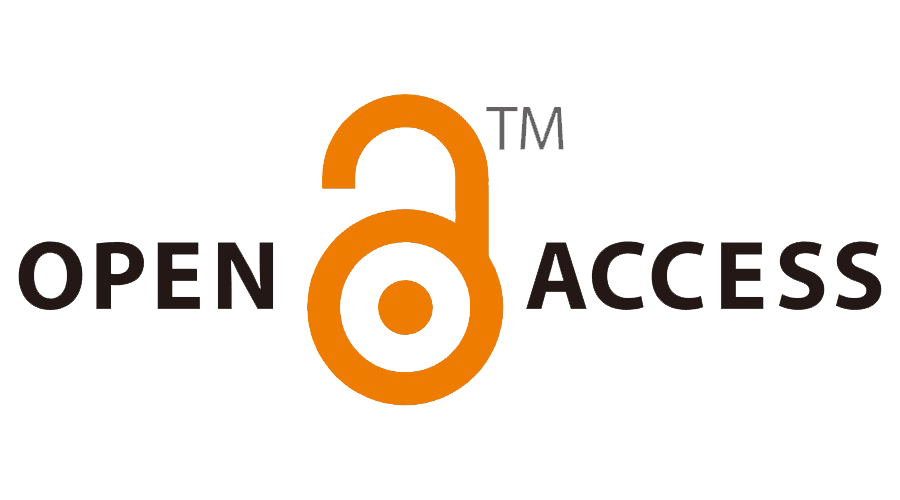ICT AS A SUPPORT FOR THE EFFECTIVENESS OF HEALTH SERVICE ACTIVITIES
DOI:
https://doi.org/10.70476/jmk.v1i1.004Keywords:
Information and Communication Technology (ICT), Health Services, Health Information System, Quality of Health Services, Benefits of ICT in HealthcareAbstract
The application of ICT also allows the adoption of telemedicine, which involves remote doctor consultations via telephone or video conference telecommunications technology. Telemedicine allows easier access to medical services, especially for those who live in remote areas or have limited mobility. This helps speed up the health service process and increase efficiency in handling health cases.
In addition to benefits for patients, the application of ICT also provides benefits for health care providers. Hospital management information systems help manage day-to-day hospital operations, while online platforms provide health education resources for patients. Collaboration between health professionals is also improved through the communication facilities provided by ICT.
With the application of ICT, the benefits are felt not only by patients but also by health service providers. Hospital management information systems help in managing day-to-day operations, while online platforms provide health education resources for patients. Collaboration between health workers also becomes better through the communication facilities provided by ICT.
In the Indonesian context, the application of ICT in the health sector is becoming increasingly important to improve access, efficiency and quality of health services. By optimally utilizing the potential of this technology, it is hoped that a more responsive, affordable and high-quality health system can be created for the wider community.
Overall, the application of ICT in the health sector brings positive changes in improving access, efficiency and quality of health services. By continuing to develop this technology, it is hoped that the health system can become more responsive, affordable and of better quality for the wider community. With collaboration between the government, educational institutions, professional organizations and industry players, the application of ICT in the health sector can continue to be improved to achieve better health development goals.
Thus, it can be concluded that ICT has a very important role in the transformation of the health sector towards more modern, efficient and quality services. By continuing to develop and utilize this technology, it is hoped that a health system that is more inclusive and responsive to community needs can be created.













